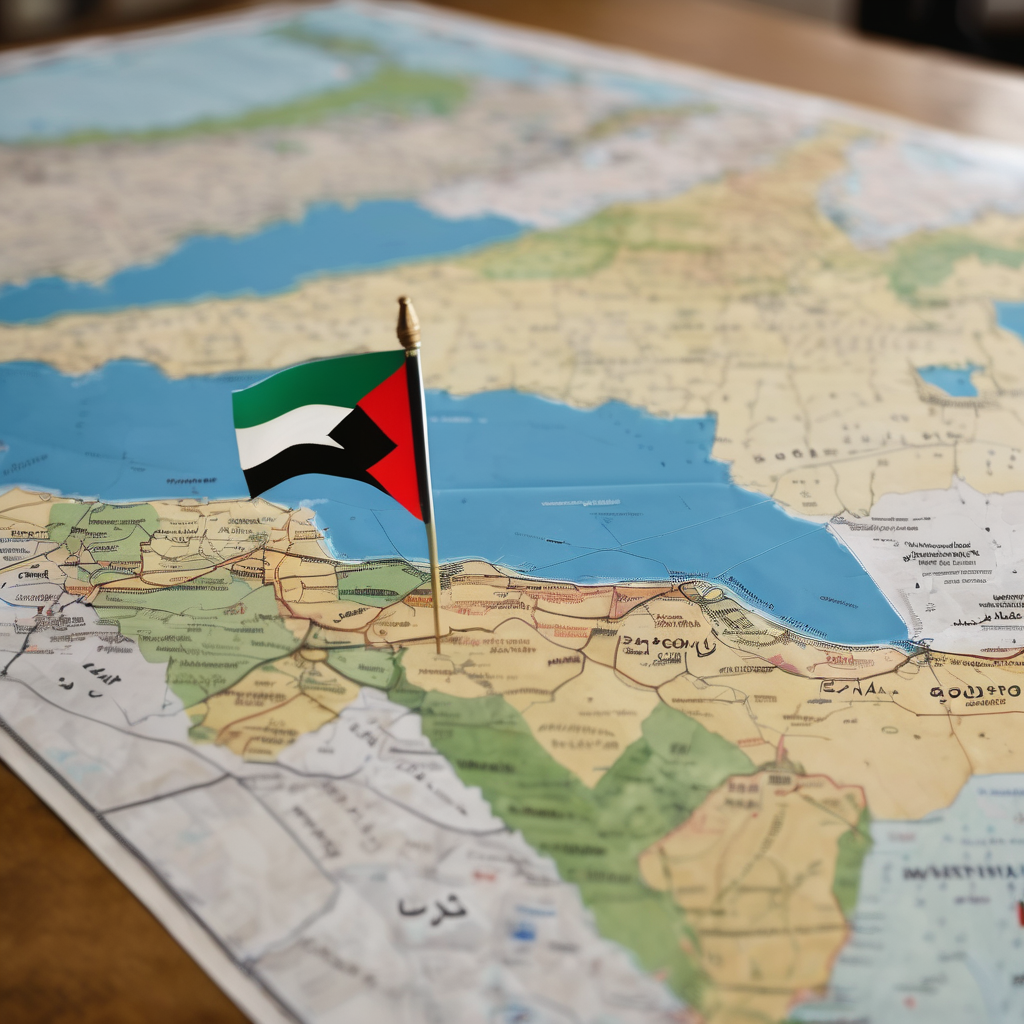In a significant move toward resolving the enduring Gaza conflict, U.S. President Donald Trump has announced plans to meet with Israeli Prime Minister Benjamin Netanyahu to finalize a peace proposal. This development comes against a backdrop of escalating violence, as Israeli tanks push further into Gaza City. Concerns are mounting over two Israeli hostages reportedly held by Hamas, with whom contact has been lost, underscoring the complex humanitarian and diplomatic challenges in the region.
The plight of these hostages is a matter of great concern in Israel, potentially overshadowing the upcoming high-stakes meeting. The military wing of Hamas, Al-Qassam Brigades, has called for a ceasefire of 24 hours to aid in the hostages’ retrieval, adding to the intense situation. Despite these challenges, President Trump remains hopeful about the peace proposal. He has claimed to receive encouraging feedback from both Israeli and Arab leaders, indicating a possible diplomatic breakthrough.
Central to Trump’s plan is the aim to alleviate hostilities towards Qatar and to spark fresh dialogue focused on peaceful coexistence between Israel and Palestine. The proposal ambitiously seeks the release of all Israeli hostages, irrespective of their condition. However, Hamas asserts that no formal proposal from Trump or international mediators has yet been received.
The ongoing conflict has resulted in dire humanitarian conditions, with widespread destruction and displacement in Gaza. However, the latest dialogues offer a glimmer of hope, potentially paving the way toward a negotiated truce. Over the past two years, the conflict has caused severe humanitarian strife, prompting international calls for a ceasefire and peace.
Historical tensions complicate negotiations further. For example, Hamas has previously stipulated that disarmament should be linked to major concessions like the establishment of an independent Palestinian state. Meanwhile, Israeli Premier Netanyahu insists on stringent security measures, including the disarmament of Hamas, highlighting the intricate nature of these discussions.
Despite these complexities, there is cautious optimism that Trump’s peace plan might act as a catalyst for enduring peace and progress in a region plagued by historical conflict. With international stakeholders actively mediating, there remains potential to mitigate the humanitarian crisis and advance towards a more stable and peaceful Middle East. The world watches closely, as these high-level discussions could indeed herald a pivotal shift toward diplomatic solutions in the area.
